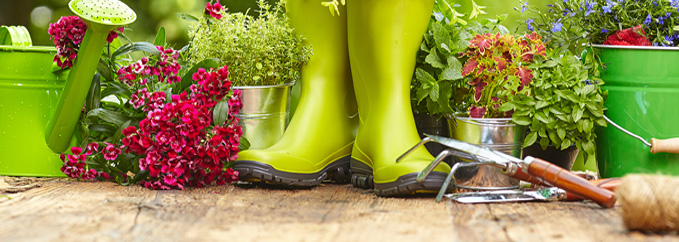
1st June 2016
Brexit, we have been told, could cause a variety of problems, the biggest of which (by some margin) is World War Three. On the other hand, it has also been suggested that staying in the EU would be tantamount to appeasing Hitler.
Yes: we've not had the most edifying or rational of debates in the run-up to the EU referendum. But at least it's here: the month when we put our cross in the box marked Britain 'in' or 'out' of Europe. There is, though, just time to squeeze in one more in/out warning. Echoing similar sentiments from the International Monetary Fund and the National Association of Estate Agents, Chancellor George Osborne has said that houses could be worth up to 18% less by 2018 if the UK votes to leave. Energy minister Andrea Leadsom from Vote Leave, meanwhile, said this was “an extraordinary claim” and that “the greatest threat to the economy is the perilous state of the euro.”
So that's just as confusing as ever, then. Roll on 23 June.

Kirstie Allsopp believes she can solve most problems within a home. That's why in her latest hit show, Channel 4's Love It Or List It, she tries to persuade a couple to make alterations to their property and stay put; while her long-time TV partner, Phil Spencer, does his best to get them to put it on the market and move.
“There’s no way that Phil could do what I do,” says Kirstie, tongue firmly in cheek. “I could do what he does, but he couldn’t do what I do.”
In Love it Or List It, Kirstie's job is to make unloved houses work for their owners. “Your house should be a place of shelter and love, so it has to carry out a very practical function,” she says. “And if your storage isn’t right, if the layout is wrong, if the rooms aren’t right, then your house is actually hindering your day-to-day existence.”
Yet householders are giving Kirstie a sizeable budget and putting her in overall charge of the renovations. Does this weigh heavily on her? “Yes, it does keep me awake at night, thinking 'Oh my God, was I right?'” she admits. “You’re saying to these people: 'Trust me, I know what this will look like when this wall is built,' and obviously there is a responsibility with that.”
But, she adds, “Probably what will happen is those improvements will add to the house’s value and make it more sellable, so that if they do decide to move at the end, they’ve made money not lost money, and the house will sell more quickly.”

Is it finally safe to say that summer is here at last? For many non-greenfingered homeowners, there is a downside to the good weather: the gardening. It's one more thing to add to the 'to do' list.
But what about landlords? Whose responsibility is looking after the garden? Theirs? Or their tenants?
Well, it depends on the tenancy agreement but, generally, landlords expect tenants to do it (and some even include penalties in their agreements, such as withholding part of the deposit, if they don't). If tenants can't or don't want to garden, they can employ a gardener to do it for them. The other way to go is for landlords to hire a gardener and add it to the cost of the rent, giving a discount to the tenant if they do it themselves.

New research published by the Home Builders Federation shows that 84% of 18 – 34 year olds who don't already own their own home aspire to do so. Yet one in four people in this age group weren't aware of government support available to them. “In the midst of a housing crisis, the prospect of getting on to the property ladder can seem like a distant possibility to many people,” says Stewart Baseley, executive chairman of the HBF. “But there are options available to today's young people. Due to Government schemes buying a new build home is a real possibility for people.” These include the 5% deposit ‘Help to Buy equity loan’ scheme or the Help to Buy ISA aimed at helping young people save for a deposit.